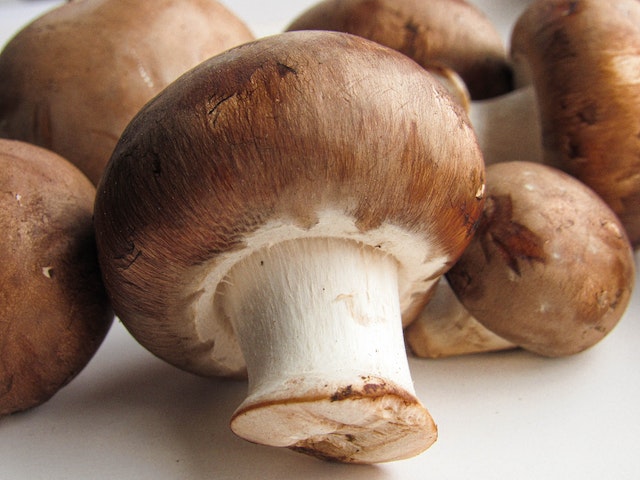
Depression and Anxiety With Psilocybin Mushrooms
Psilocybin mushrooms have long been used for spiritual and mystical practices. Now scientists are seeing its medicinal potential for treating depression and anxiety disorders.
Early studies have demonstrated that psilocybin works by decreasing connectivity in a key brain area, helping reduce depressive episodes and breaking the negative thought cycle. Brain imaging data support these findings.
Psychedelics
Psychedelic drugs (hallucinogens) alter or enhance sensory perceptions, thought processes, energy levels and spiritual experiences.
Researchers are particularly intrigued by psychedelics because of their effect on brain functioning, and they can even be used to study mental illnesses like schizophrenia.
These drugs may produce various psychological responses in people depending on their mood and environment, leaving them either feeling euphoric, happy or even paranoid.
Studies have demonstrated that those who utilize psilocybin mushrooms experience increased creativity and meta-creative processes such as perspective shifting and divergent thinking. It could be because the drug changes brain function to cause ego disintegration or feelings of transcendence or spiritual selflessness.
Psychedelics can be hazardous if taken without due caution and care. To minimize potential negative side effects, seek professional assistance as soon as you experience them.
Depression
Depression is an all too familiar disease that can impact anyone at any point. Depression often comes from big adverse life events like losing a job or getting divorced; symptoms include sadness, tiredness, lack of motivation, feelings of self-harming behaviour and losing interest in everyday tasks.
Researchers hope psilocybin can offer help to people suffering from depression that resists treatment. Multiple clinical trials have demonstrated its efficacy; even just a few doses have proven successful at significantly decreasing depressive symptoms.
Before using psychedelics to treat depression, they must first be proven safe. Therefore, the FDA requires clinical studies on psychedelics to have two trained individuals present at each session to monitor side effects.
London-based mental health company COMPASS Pathways conducted a trial where nearly one-third of severe depression patients who took a 25mg dose of psilocybin went into remission within three weeks – this marks the most extensive clinical study yet into this psychedelic’s relationship to depression, offering hope to people who have tried antidepressants without success but found relief elsewhere.
Anxiety
Anxiety is a mental health condition in which one becomes frightened or fearful over anything specific.
This feeling may arise for several reasons, including stressful life events like bereavement or illness.
Some anxiety sufferers find relief through psychedelic drugs, like magic mushrooms. Psychedelics allow access to parts of your mind that have been locked away or suppressed – providing valuable access points into more important parts of your mind that might otherwise remain unstimulated and blocked out.
Research has proven that psilocybin can boost serotonin, a key chemical messenger in controlling a person’s mood. Furthermore, it appears to ease symptoms of depression and anxiety by soothing down an area in the brain known as the default mode nervous system that becomes busy during anxiety or depression episodes.
Researchers have also found that psilocybin can enhance self-awareness. It can help identify any faulty circuits in the brain that govern emotions or fear and develop healthy coping skills and strategies for dealing with stress.

